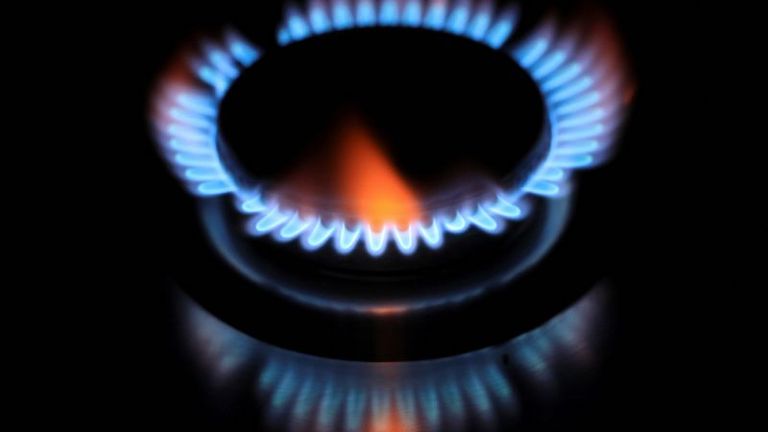Italy is in preliminary talks with the government of Bavaria to supply gas and hydrogen to the southern German state, and also aims to sell energy to Austria and Hungary, four Italian and German industry and political sources told Reuters.
The conservative government of Giorgia Meloni has drawn up plans to make Italy an energy gateway between Europe and Africa, capitalizing on demand from neighbors seeking to reduce their dependence on Russian gas.
Eni, Italy’s largest importer of natural gas, has countered falling Russian supply by shipping increasing volumes from Africa, where it has had a presence for decades. The company and other Italian shippers now plan to step up sales of excess gas.
“Austria, Bavaria and Hungary too,” Italian Energy Minister Gilberto Pichetto Fratin told Reuters, when asked about the customers Italy could serve via the Adriatic Line, a gas pipeline that the Network operator Snam aims to build by 2027.
This project should make it possible to increase the gas transport capacity of southern Italy to around 10 billion cubic meters (bcm) per year in four years, which could increase Snam’s revenues.
Meanwhile, the Adriatic line will allow Eni and other shippers to transport more gas extracted in Africa beyond the Alps, expanding markets for the fuel.
State-controlled Snam will invest 2.5 billion euros ($2.65 billion) in the Adriatic line, which will also contribute to the establishment of the SoutH2 network planned to transport hydrogen from the Africa towards Northern Europe from 2030.
Rome has asked the European Union for funding of some 400 million euros for this project as part of the post-COVID RepowerEU initiative, which aims to guarantee energy security and accelerate the Union’s ecological transition.
Asked by Reuters about the possibility of receiving gas deliveries from southern Europe, including Italy and Croatia, a spokesman for the Bavarian regional government said: “We take every opportunity to transport sufficient gas and hydrogen to Bavaria from all directions, including the south.
The spokesperson said the region was aware of plans by gas network operators – which includes Snam – to convert existing gas pipelines so that hydrogen could also be transported from North Africa to Bavaria. passing through Italy and Austria.
“The Bavarian government is aware of ongoing discussions on this topic at federal level. Bavaria is contributing to the continuation of the planning process – also in coordination with grid operators – and remains in close contact with politicians and companies of the countries concerned,” the spokesperson told Reuters.
Markus Kerber, chief strategist of Germany’s center-right CDU party and former state secretary at the interior ministry, said industrial-intensive Bavaria was keen to strike deals to boost its energy security.
“Germany is organizing liquefied natural gas (LNG) terminals and other solutions in the north, but it is not possible to rule out delays or blockages of the infrastructure… This is the reason for which the federal states of southern Germany want a ‘plan B’ to be safe,” said Mr Kerber, former CEO of German business lobby BDI.
An industry source told Reuters that Snam had held discussions with Bavaria to make the network suitable for transporting hydrogen. The Bavarian government said it was actively lobbying the German federal government to support such projects.
MATTEI PLAN
Once heavily dependent on Russian gas, Italy now imports the fuel mainly from North Africa, through several shippers, including Eni, and sells surpluses. Last year, the country consumed 67 billion m3 of gas and exported 4.2 billion to Northern Europe, mainly Austria.
The Italian government sees efforts to boost energy infrastructure, which would also include additional LNG terminals and new power lines, as part of its “Mattei Plan” for Africa.
Few details are known about the project, named after Eni founder Enrico Mattei, but Meloni said it would help shape future policies aimed at boosting development in Africa, as Italy also seeks to curb mass immigration.
An industry source said the potential for transporting gas from North Africa (Algeria, Libya, Egypt and the eastern Mediterranean) was significant, but Italy needed to get rid of bottlenecks in the network to boost its exports.
This year, Austria has already received gas from the Mediterranean via Italy, a person familiar with the matter told Reuters.
Austrian oil and gas group OMV said it had secured additional gas transport capacity for the next few years, but was not in talks to obtain African gas.
The Hungarian government, which still depends largely on Moscow for its energy, did not respond to a question about whether it had started talks with Italy over gas supplies.
This article is originally published on zonebourse.com







